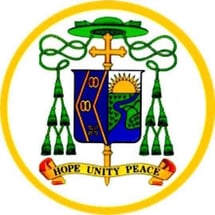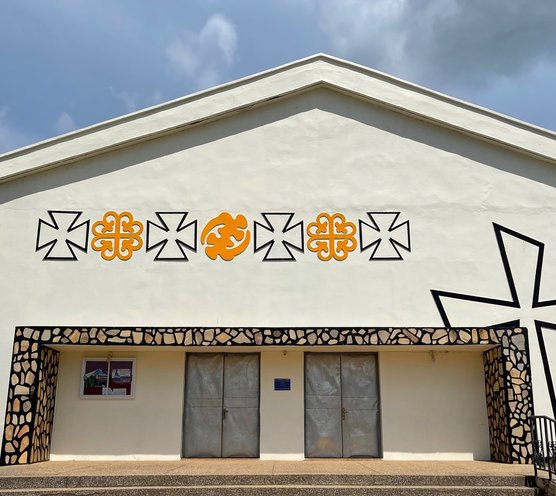The diocesan curia consists of those institutions and persons which furnish assistance to the bishop in the governance of the entire diocese, especially in directing pastoral activity, in providing for the administration of the diocese and in exercising judicial power. The diocesan curia would include vicars general and episcopal vicars, the chancellor and other notaries, the tribunal personnel and the finance officer. It would also include all who participate in the overall administration of the diocese, especially those who direct diocesan departments such as education, social justice, liturgy, laity and other facets of the local church’s life. It is the diocesan bishop who appoints those who exercise offices within the diocesan curia and it is the bishop’s responsibility to see to it that all matters which concern the administration of the entire diocese are duly coordinated and arranged in such a manner that the good of the portion of God’s people entrusted to him is more suitably attained.
The vicar general is to be appointed in each diocese by the diocesan bishop and he is to assist the bishop in the governance of the entire diocese. Usually there is only one vicar general unless the size of the diocese or pastoral reasons warrant otherwise. The bishop can also appoint one or several episcopal vicars who assist the bishop in a determined section of the diocese or in a certain type of business or over a certain group of persons within the diocese. Every curia is to have a chancellor whose principal task is to see to it that the acts (books) of the curia are gathered, arranged and safeguarded. The chancellor also carries out any other tasks the bishop may see fit to give him/her. In each diocese there is to be a finance officer whose duty is to administer the goods of the diocese under the authority of the bishop.

